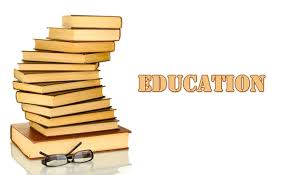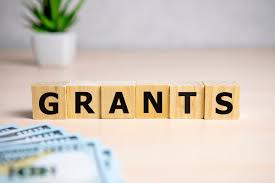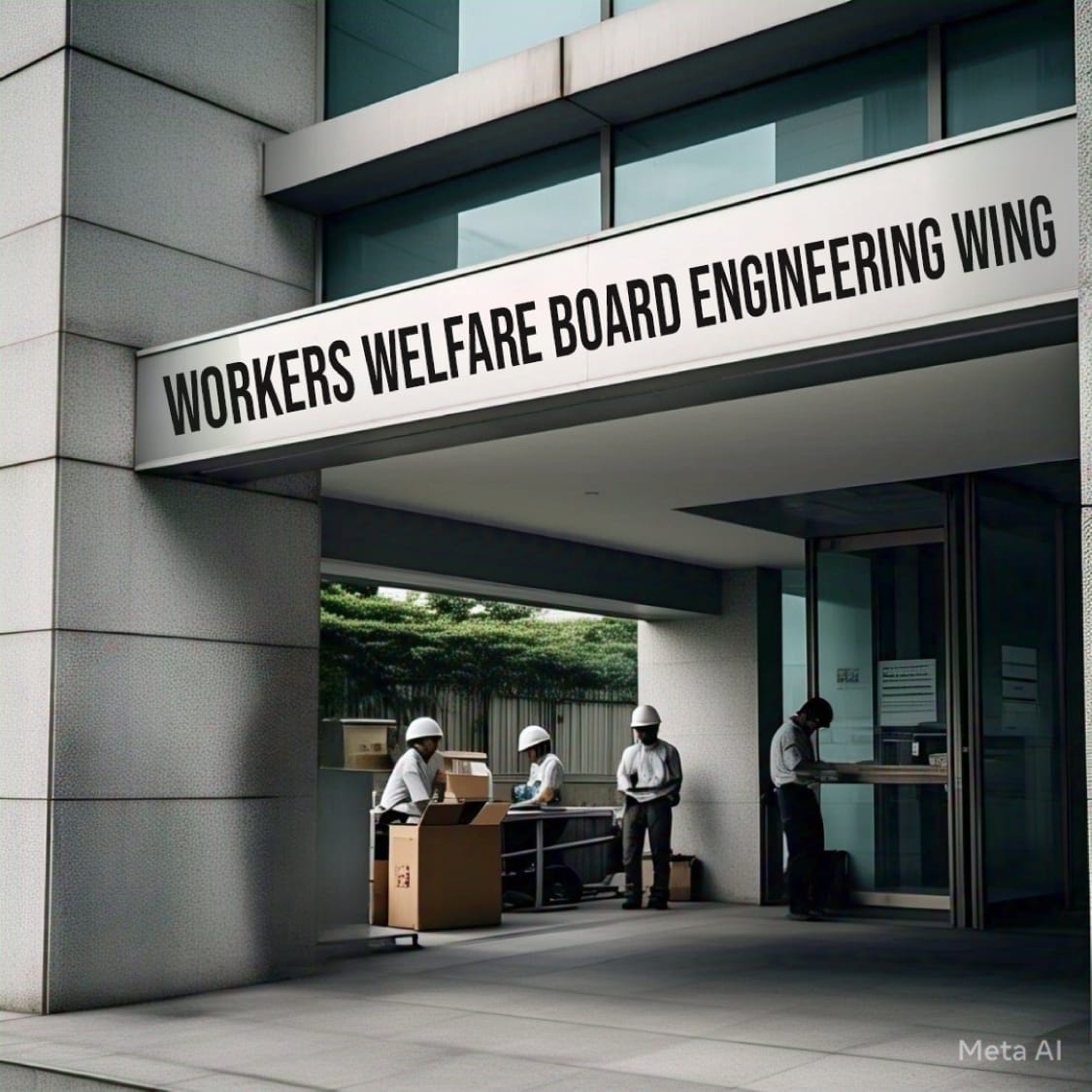Education
Technical Education
- Introduction:
- ➤The Workers Welfare Board's Technical and Vocational Education falls under the Education Wing and oversees 28 institutes across Khyber Pakhtunkhwa. It provides free technical education for the children of laborers, playing a crucial role in enhancing the workforce, economic growth, skills, professional development, and the overall well-being of laborers. The Technical Education Division is approved by the governing body of the Workers Welfare Fund in Islamabad and operates under the administrative control of the Education Wing of the Workers Welfare Board KP.
- ➤ The division supports more than four thousand technical students enrolled in various programs, reflecting its commitment to skill development across the region. The Workers Welfare Board provides skills education at the school level through Technical School Certificates and at the college level through Diplomas of Associate Engineering.
- ➤Additionally, it offers variousshort courses and international language programs (English and Chinese), which prepare technical students for eligibility abroad for further education or job hunting in the international market. Institutes Division:
- ➤DAE (3 years): Electrical, Civil, DIT (2 years, equivalent to Fsc). Number of institutes:03
- ➤Districts: Peshawar, D.I Khan and Tank. Mono-Technic Institutes:
- ➤DAE (3 years): Electrical, DIT (2 years, equivalent to Fsc). Number of institutes: 08
- ➤Districts: Amangarh, Akora Khatak, Mardan, Charsadda, Gadoon, Swat, Hattar, Bannu. Matric-Tech Institutes:
- ➤TSC (2 years): Electrical, Civil, Mechanical & DIT (1 year). Number of institutes: 07
- ➤Districts: Peshawar, Amangarh, Mardan, Swat, Bannu, D.I. Khan, Haripur. Vocational Training Facilities:
- ➤Skills Offered: Embroidery, Tailoring, Knitting, Beautician Number of institutes: 09
- ➤Districts: Peshawar, Amangarh, Hakimabad, Gadoon Amazai, Kohat, Charsadda, Haripur, Swat, Mardan.
- There are 48 general schools providing education to the wards of workers. This initiative is focused on enhancing the educational opportunities for the children of workers, ensuring that they have access to quality education. The Workers Welfare Board is committed to providing comprehensive educational facilities to the workers' children, helping them build a bright future. The Board's educational initiatives also include scholarships, vocational training programs, and various other support services. By investing in education, the Workers Welfare Board aims to empower the workers' families and contribute to the overall development of the society. The educational programs are designed to cater to the diverse needs of students and equip them with the necessary skills to excel in their chosen fields.
Polytechnic Institutes:
General Education:




